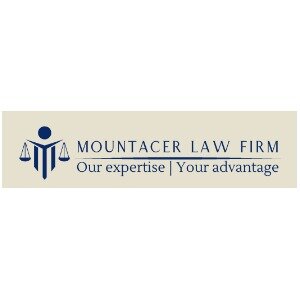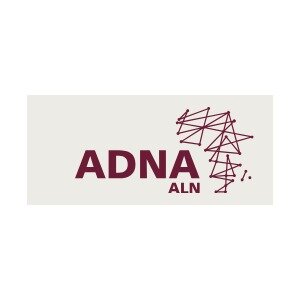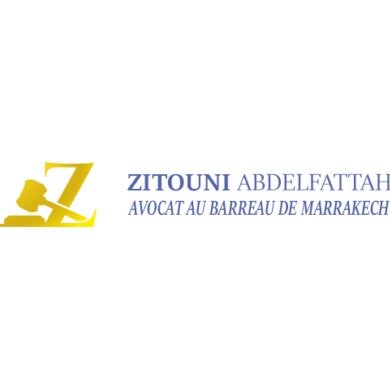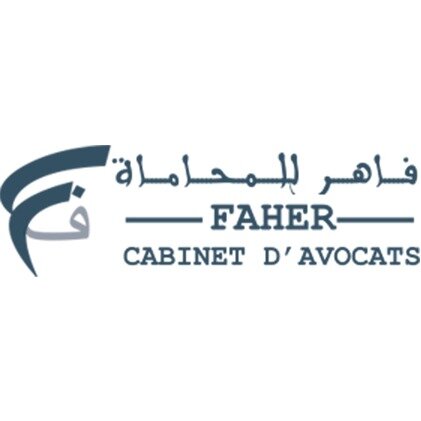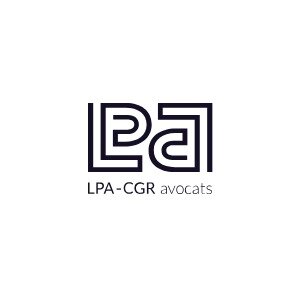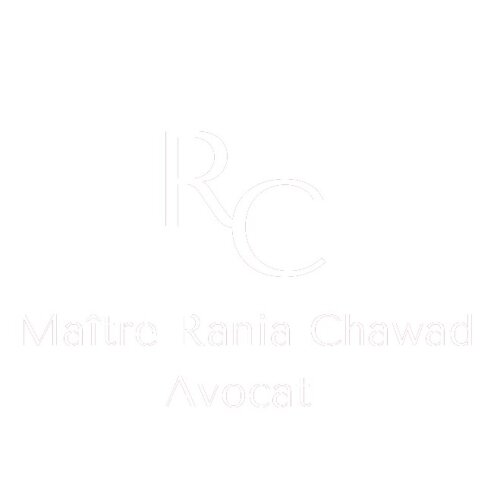Best Acquisition / Leveraged Finance Lawyers in Morocco
Share your needs with us, get contacted by law firms.
Free. Takes 2 min.
Or refine your search by selecting a city:
List of the best lawyers in Morocco
About Acquisition / Leveraged Finance Law in Morocco
Acquisition and leveraged finance are specialized branches of finance law that deal with the structuring and provision of funds for acquiring companies, assets, or business interests, often using significant amounts of borrowed money. In Morocco, this field has gained importance as businesses and investors look for innovative ways to finance mergers, acquisitions, and takeovers. The legal framework in Morocco encompasses several aspects, such as foreign exchange rules, corporate law, collateral arrangements, insolvency laws, and regulatory approvals, aiming to balance the interests of borrowers, lenders, and other stakeholders in acquisition transactions.
Why You May Need a Lawyer
Legal support is essential in acquisition or leveraged finance deals due to their complexity and high value. Some situations where you may need a lawyer include:
- Structuring acquisition finance transactions to ensure compliance with Moroccan laws.
- Drafting and reviewing loan agreements, security documents, and inter-creditor arrangements.
- Guidance on regulatory requirements for both domestic and cross-border deals.
- Negotiating terms with lenders, sellers, or investors to protect your interests.
- Conducting due diligence and risk assessments on proposed acquisitions.
- Managing any disputes or potential insolvencies that arise during or after the transaction.
Without experienced legal advice, parties may encounter costly delays, non-compliance with regulations, or unfavorable lending terms.
Local Laws Overview
Morocco’s acquisition and leveraged finance framework draws from various local statutes and practices:
- Banking and Foreign Exchange Regulations: The Office des Changes maintains strict oversight in cross-border transactions. Certain approvals may be required for foreign currency loans or outbound money transfers.
- Corporate Law: The Moroccan Companies Law sets out requirements for mergers, acquisitions, and company takeovers, including shareholder approvals and registrations.
- Secured Transactions: Security over movable and immovable assets is governed by the Commercial Code and registration rules, affecting how lenders take and enforce collateral.
- Insolvency Law: The insolvency framework impacts lender rights, enforcement of guarantees, and recovery processes in distressed scenarios.
- Financial Market Regulation: If public companies are involved, oversight by the Moroccan Capital Market Authority may apply, including specific requirements for public offers.
Parties must also consider tax implications, anti-money laundering provisions, and sector-specific restrictions that can affect how acquisition deals are structured and financed in Morocco.
Frequently Asked Questions
What is leveraged finance?
Leveraged finance refers to funding arrangements where a company or investor uses borrowed capital, often secured by company assets, to buy another business or finance an acquisition.
Is foreign lending allowed in Morocco?
Foreign lending is generally permitted, but it is subject to foreign exchange regulations. All cross-border loan arrangements must comply with the requirements set by the Office des Changes, and certain approvals or disclosures may be needed.
Can a Moroccan company grant security over its assets?
Yes, Moroccan law allows companies to grant security interests over both movable and immovable assets. There are specific procedures for creating, registering, and enforcing these securities.
What are the main steps in financing an acquisition in Morocco?
Key steps typically include legal and financial due diligence, structuring the finance and acquisition arrangements, negotiating and signing agreements, obtaining necessary regulatory approvals, and finalizing the transfer of funds and company shares or assets.
What collateral can be used in leveraged finance transactions in Morocco?
Common types of collateral include real estate, equipment, inventory, receivables, and shares in companies. The type of collateral and its registration requirements may vary depending on the transaction.
Are there tax implications for acquisition finance?
Yes, acquisition and financing structures can have significant tax consequences, including stamp duties, VAT, and withholding taxes. Tax planning is a crucial part of the deal structuring process.
Do acquisitions involving foreign investors require government approval?
Certain sectors may require prior authorization or compliance with specific conditions for foreign ownership. It is necessary to verify sector-specific rules and foreign investment regulations before proceeding.
What happens if there is a default under an acquisition finance agreement?
In case of default, lenders may seek to enforce security interests, claim against guarantees, initiate legal proceedings, or pursue insolvency remedies depending on the contract terms and Moroccan law.
How long does it take to complete an acquisition finance transaction?
Timelines vary depending on deal complexity, due diligence, regulatory approval requirements, and negotiation process. Generally, it may take several weeks to a few months from initial negotiations to closing.
What legal documentation is required in a typical Moroccan acquisition finance deal?
Standard documents include facility agreements, security documents, inter-creditor agreements, corporate authorizations, and legal opinions. All documents should align with Moroccan laws and standards.
Additional Resources
If you require more information or assistance, the following resources may be helpful:
- Office des Changes: The official body overseeing foreign exchange regulations in Morocco, important for foreign finance and currency transfers.
- Moroccan Capital Market Authority (AMMC): Regulates public offerings, mergers, and acquisition of listed companies.
- Moroccan Bar Association: Provides directories of qualified lawyers with expertise in finance and corporate law.
- Ministry of Economy and Finance: Issues guidance on financial markets, taxation, and sector-specific regulations.
- Business Chambers and Trade Organizations: Offer support and forums for investors seeking local partners or insights.
Next Steps
If you are considering or involved in an acquisition or leveraged finance transaction in Morocco, here are practical steps to follow:
- Identify your objectives and the transaction structure you are considering.
- Gather all relevant information and documents related to the business, assets, or companies involved.
- Consult with a lawyer specializing in acquisition and finance. They can perform due diligence, advise on the legal and regulatory framework, and help structure the transaction.
- Work closely with your lawyer to negotiate and draft all required legal documentation.
- Ensure all regulatory filings, registrations, and approvals are obtained before closing the deal.
- Consider future compliance and reporting obligations post-acquisition.
Early legal involvement can help you anticipate challenges, avoid regulatory pitfalls, and secure a successful transaction outcome.
Lawzana helps you find the best lawyers and law firms in Morocco through a curated and pre-screened list of qualified legal professionals. Our platform offers rankings and detailed profiles of attorneys and law firms, allowing you to compare based on practice areas, including Acquisition / Leveraged Finance, experience, and client feedback.
Each profile includes a description of the firm's areas of practice, client reviews, team members and partners, year of establishment, spoken languages, office locations, contact information, social media presence, and any published articles or resources. Most firms on our platform speak English and are experienced in both local and international legal matters.
Get a quote from top-rated law firms in Morocco — quickly, securely, and without unnecessary hassle.
Disclaimer:
The information provided on this page is for general informational purposes only and does not constitute legal advice. While we strive to ensure the accuracy and relevance of the content, legal information may change over time, and interpretations of the law can vary. You should always consult with a qualified legal professional for advice specific to your situation.
We disclaim all liability for actions taken or not taken based on the content of this page. If you believe any information is incorrect or outdated, please contact us, and we will review and update it where appropriate.
Browse acquisition / leveraged finance law firms by city in Morocco
Refine your search by selecting a city.






